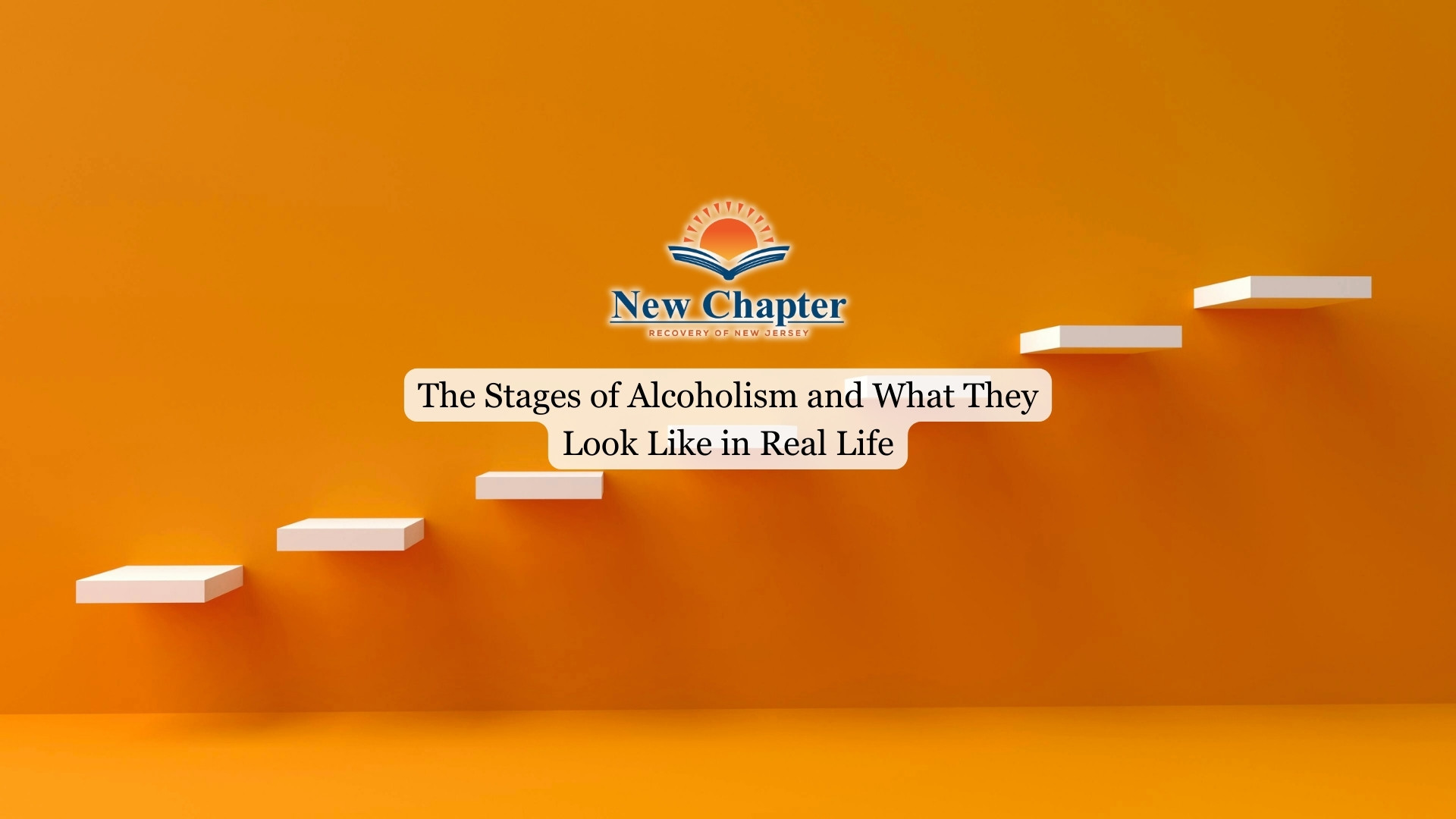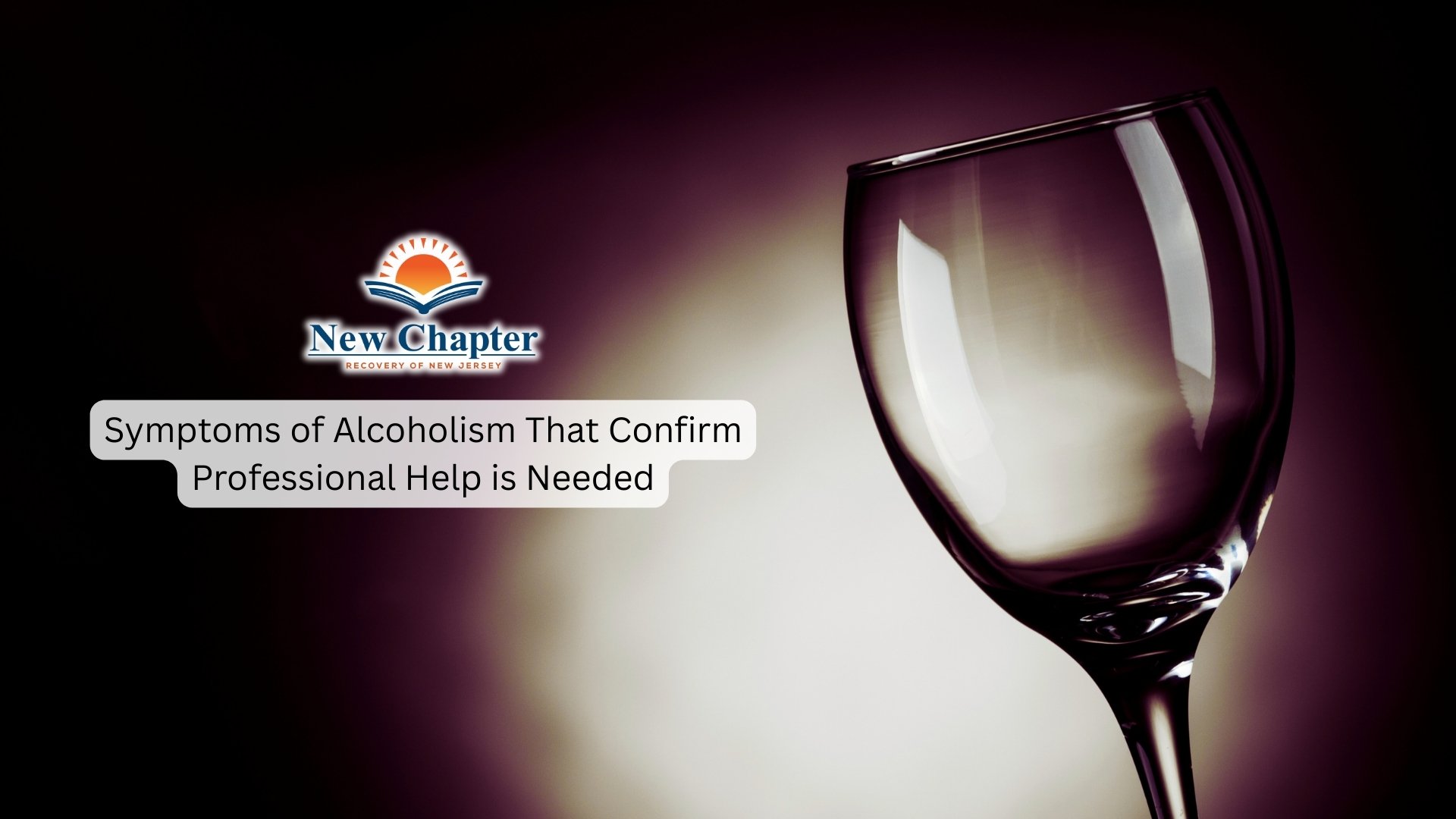These changes may start off subtle, but as time passes, they could become more pronounced. Identifying and acknowledging these signs early is crucial for addressing the issue before it escalates.
In the following sections, we’ll explore the specific symptoms of cocaine addiction and highlight how early detection can significantly aid in guiding the individual toward a successful recovery journey.

Table of Contents
Toggle- Physical Symptoms of Cocaine Use
- Behavioral Signs of Addiction
- Psychological Effects of Cocaine
- Consequences of Cocaine Dependency
- Seeking Help for Cocaine Addiction
- Final Thoughts From New Chapter Recovery Center on Cocaine Addiction Signs
- Frequently Asked Questions
- Can someone experience cocaine addiction without showing noticeable physical symptoms?
- Is there a difference between cocaine use and cocaine abuse?
- How long does it take for someone to develop a cocaine addiction after regular use?
- How can you tell if a loved one is using cocaine if they’re trying to hide it?
Physical Symptoms of Cocaine Use
If there are concerns that someone may be using cocaine, it’s essential to watch for physical signs like dilated pupils, a runny nose, and unexplained weight loss. Cocaine use may result in pale skin, a common physical indication associated with its use.
Additionally, individuals may experience sudden weight loss due to the appetite-suppressing effects of the drug. Dilated pupils are another noticeable sign that someone might be under the influence of cocaine.
These physical manifestations, including pale skin, could serve as potential warning signs of cocaine consumption. If these symptoms are observed in someone you know, it’s important to address the situation with care and consideration. Seeking professional help for individuals displaying these signs is vital for their well-being.
Behavioral Signs of Addiction
Behavioral indicators of cocaine addiction commonly include secretive behavior and dishonesty to conceal drug use. Individuals struggling with this addiction may also display increased irritability and mood swings.
Engaging in risky behaviors or criminal activities to obtain cocaine can be a red flag. Neglecting responsibilities at work, school, or home is another prevalent behavioral sign of cocaine addiction.
Social withdrawal, isolation, and changes in relationships are also key indicators to watch out for. If you notice these behavioral signs in yourself or someone you know, it’s essential to seek help promptly.
Addressing these behaviors and seeking professional support are crucial steps towards recovery from cocaine addiction.
Psychological Effects of Cocaine
The psychological effects of cocaine addiction can include manifestations of paranoia, anxiety, and aggressive behavior in individuals struggling with substance abuse. Cocaine, being a highly addictive stimulant, can result in strong cravings and a preoccupation with controlling drug use.
Common psychological symptoms of cocaine addiction may involve mood swings, irritability, and social withdrawal. Prolonged use of cocaine can lead to significant changes in behavior and personality due to its impact on the brain’s reward system.
Individuals addicted to cocaine may also experience increased appetite as the drug affects the brain’s reward pathways. These psychological effects, along with the behavioral changes associated with cocaine addiction, can negatively impact an individual’s overall well-being.

Consequences of Cocaine Dependency
Cocaine dependency is associated with serious health risks that impact both physical and mental well-being. Individuals who are dependent on cocaine may experience high blood pressure, diminished lung function, and irreversible damage to vital organs. The likelihood of stroke and heart attacks also increases for those struggling with cocaine addiction.
Beyond the physical consequences, cocaine dependency can disrupt family relationships, interpersonal dynamics, career opportunities, and legal matters. Long-term use of cocaine can have enduring effects on an individual’s life. Seeking help to address these detrimental effects is crucial.
It’s essential to recognize the significant implications of cocaine dependency on an individual’s overall well-being and the people in their social circle.
Seeking Help for Cocaine Addiction
Addressing cocaine addiction necessitates seeking professional assistance and support to facilitate recovery and achieve sobriety. Professional intervention is essential in formulating a tailored addiction treatment plan that aligns with individual needs.
Therapeutic interventions, counseling sessions, and rehabilitation programs are effective tools in combating addiction. The involvement of supportive family and friends is pivotal in the journey towards sobriety, offering encouragement and empathy.
Seeking timely help can mitigate the adverse effects of prolonged cocaine abuse. It’s important to recognize that overcoming cocaine addiction is a challenging process, but with the appropriate support network and professional guidance, individuals can navigate through the complexities of addiction and strive towards a healthier, drug-free lifestyle.
Final Thoughts From New Chapter Recovery Center on Cocaine Addiction Signs
If you or someone you know is exhibiting physical, behavioral, or psychological symptoms of cocaine addiction, it’s crucial to seek help and support. Read more on How to help someone addicted to cocaine.
Recognizing these signs early on can prevent severe health consequences and disruptions in various aspects of life.
Don’t hesitate to reach out for assistance in overcoming cocaine dependency and start on the path to recovery.
Remember, you aren’t alone in this journey towards a healthier and happier life.
Frequently Asked Questions
Can someone experience cocaine addiction without showing noticeable physical symptoms?
Yes, it’s possible for someone to experience cocaine addiction without immediately showing obvious physical symptoms. Addiction often involves psychological dependence and compulsive drug-seeking behavior that may not always be visible through physical changes like weight loss or dilated pupils. However, behavioral and psychological signs, such as mood swings or secretive behavior, may still indicate a developing addiction.
Is there a difference between cocaine use and cocaine abuse?
Yes, there is a difference between cocaine use and cocaine abuse. Cocaine use refers to occasional or recreational use of the drug, typically without significant consequences. However, cocaine abuse occurs when a person uses the drug regularly or in excessive amounts, leading to negative consequences in various aspects of life, including physical health, relationships, and work.
How long does it take for someone to develop a cocaine addiction after regular use?
The time it takes for someone to develop a cocaine addiction can vary based on individual factors, such as genetics, mental health, and the frequency of use. However, regular use can lead to dependence and addiction in as little as a few weeks to months due to the drug’s impact on the brain’s reward system and the cravings it induces.
How can you tell if a loved one is using cocaine if they’re trying to hide it?
If a loved one is trying to hide their cocaine use, look for subtle signs such as mood swings, irritability, increased energy, or excessive talking. They may also exhibit changes in behavior, such as becoming more secretive, avoiding social situations, or neglecting responsibilities. Physical signs like dilated pupils or a runny nose may also be present, even if they’re trying to hide their use.






